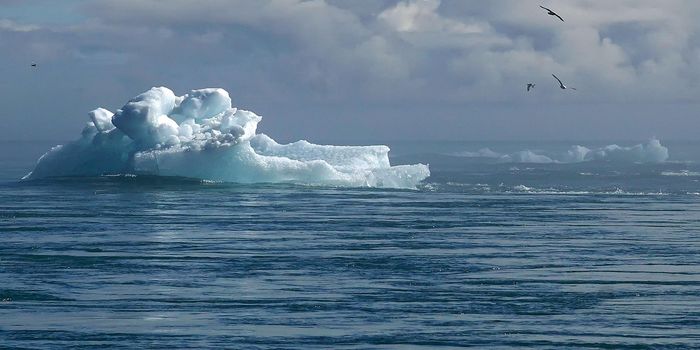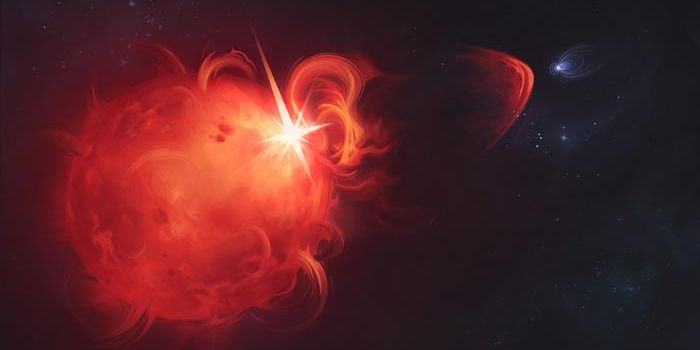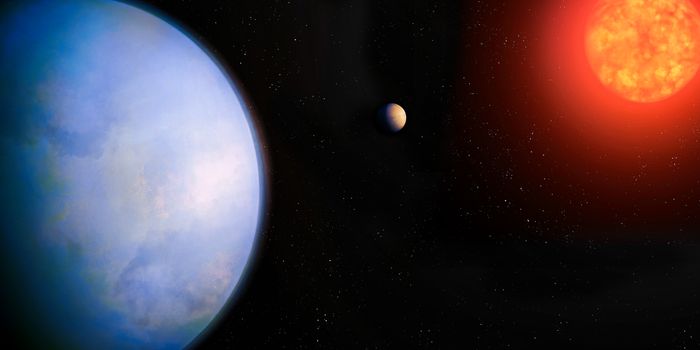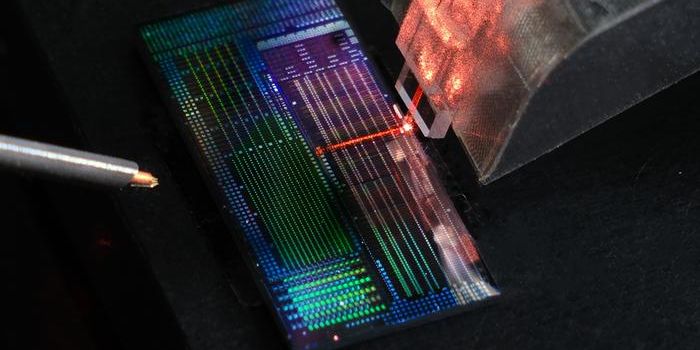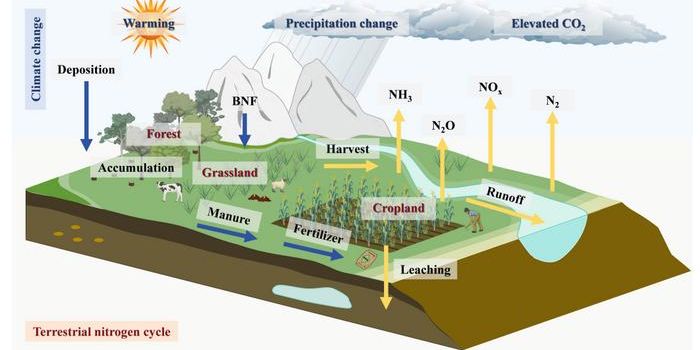The Sound of a Black Hole
NASA has figured out what a black hole sounds like, and it’s terrifying.
The video was uploaded to YouTube in May 2022, but a recent viral video on twitter rekindled the hype. The sound comes from a black hole in the Perseus galaxy cluster, about 240 million light years away.
NASA said in the original release that the idea that there is no sound in outer space is a common misconception. In this case, sound can travel through the massive amounts of gas that surrounds the galaxy cluster, and the pressure waves pulsing from the black holes heat up the gas, creating fluctuations in data that can be measured on the electromagnetic spectrum.
The x-ray data was taken in 2003, but only recently translated into audio through the sonification project led by Kimberly Arcand from NASA’s Chandra X-Ray Observatory. Through collaboration with a variety of experts including blind scientists that challenged the team to think outside of the box when it came to visualizing data, the team used the nearly 20-year-old data to create the sounds of a black hole.
You wouldn’t be able to hear this sound if you somehow managed to get close enough to listen, since its pitch is lower than humans are able to hear (which, depending on your feelings about the sound, might be a good thing). The original sound recording also includes the lowest note ever recorded in the universe. The sound was also transposed up 57-58 octaves so that we could hear it, which means that we are hearing this sound 144 quadrillion to 288 quadrillion times higher than its original frequency.
Interestingly, the viral video also demonstrated the power of sonification as a means of science communication. While space images regularly go viral on social media apps, this audio file gained the same attention.
A team of astronomers is using data sonification to produce more sounds from the universe with more than 100 ongoing projects. Hopefully, we’ll be able to listen to more sounds of our universe soon.
Sources: NASA, ScienceAlert, Washington Post


